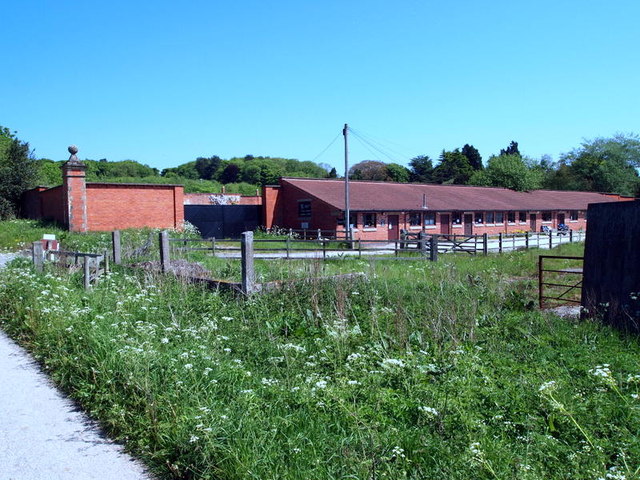After a couple of Brexit posts, it is time to return to the debate on the future of the CAP and its financing. Early last month, I wrote a post making the case for co-financing CAP Pillar 1 payments in the forthcoming MFF proposal from the Commission. I have since fine-tuned the arguments and the result has appeared as a policy brief published by the Swedish Institute for European Policy Studies.
From the summary:
… Read the restThe idea of national co-financing of the EU’s income support to farmers was introduced into the debate on the next Multi-Annual Financial Framework (MFF) in June 2017 in the Commission Reflection Paper on the Future of EU Finances.



